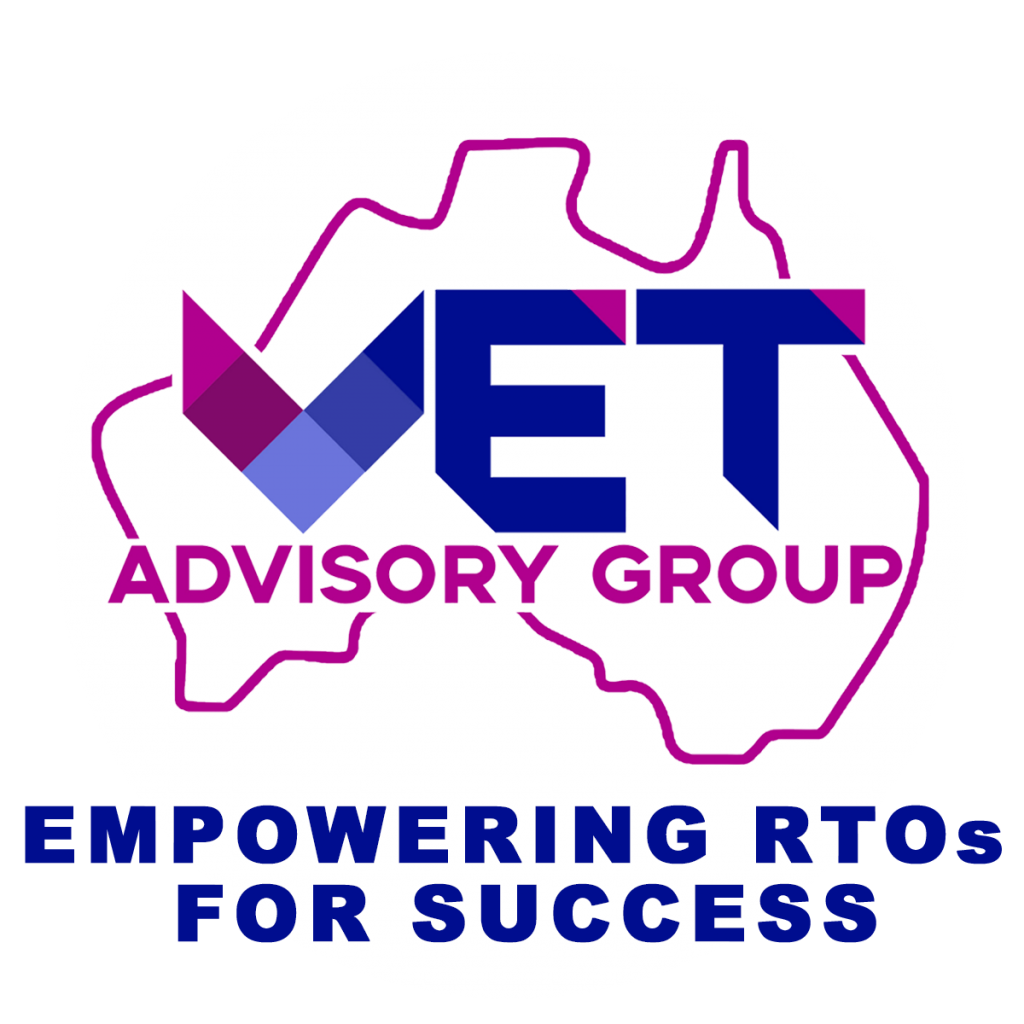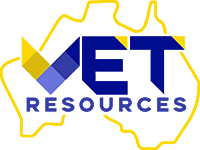
Navigating the ever-evolving landscape of the VET sector can be challenging, especially with regulatory bodies like ASQA keeping a watchful eye on quality and compliance. But fret not, RTOs! ASQA’s monthly IQ December edition is here to guide you, and the December edition is packed with insights into pre-enrolment and enrolment practices. Buckle up, as we delve into the key areas and equip you with a roadmap for ensuring a smooth and compliant journey.





